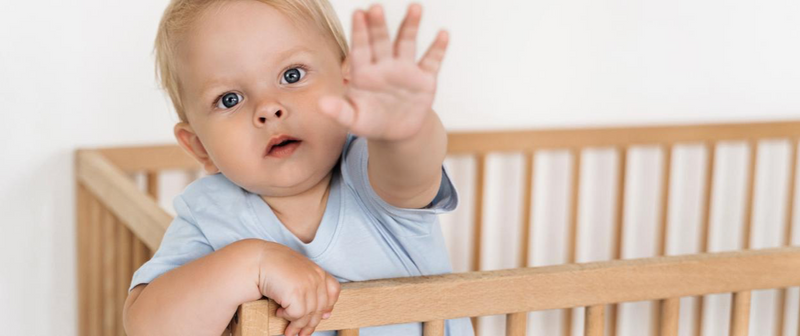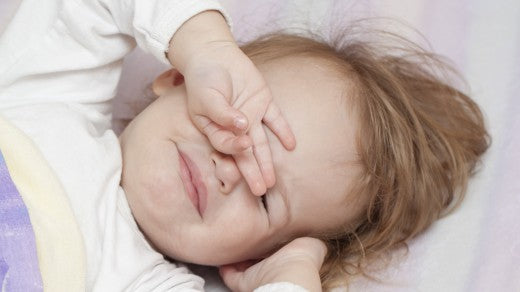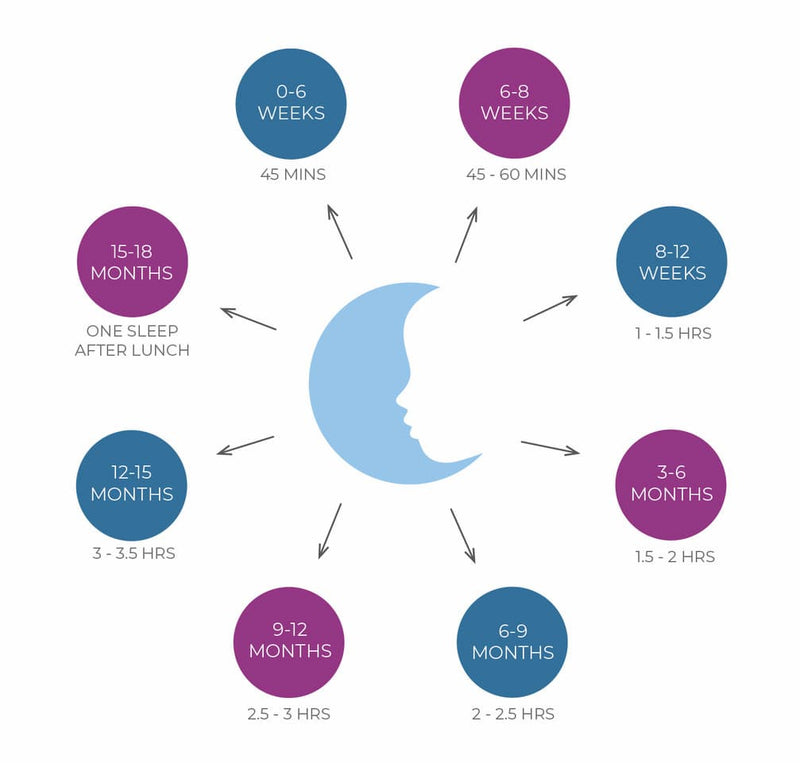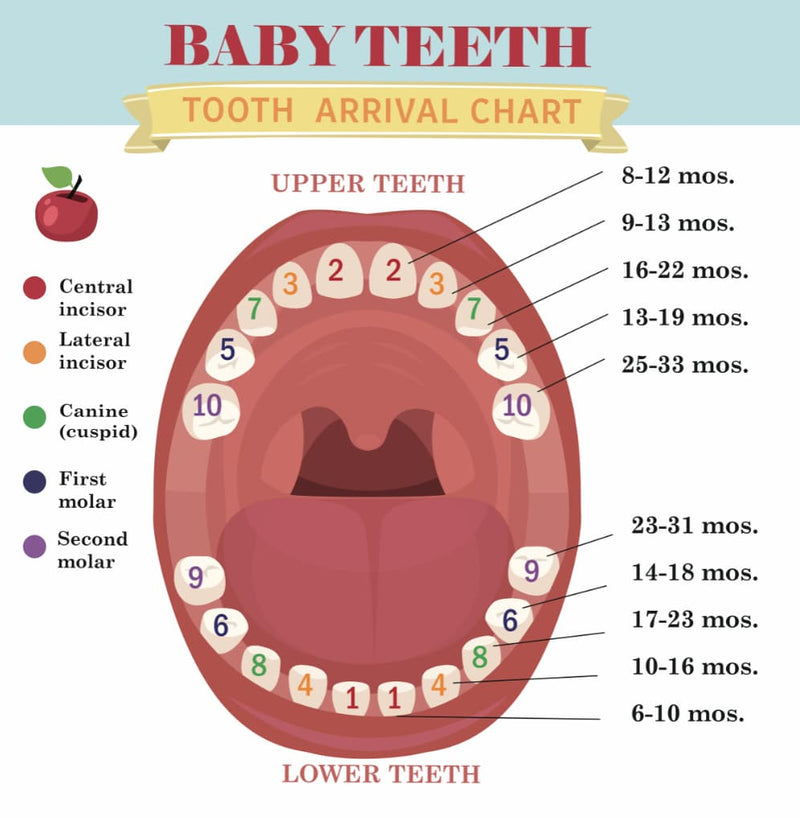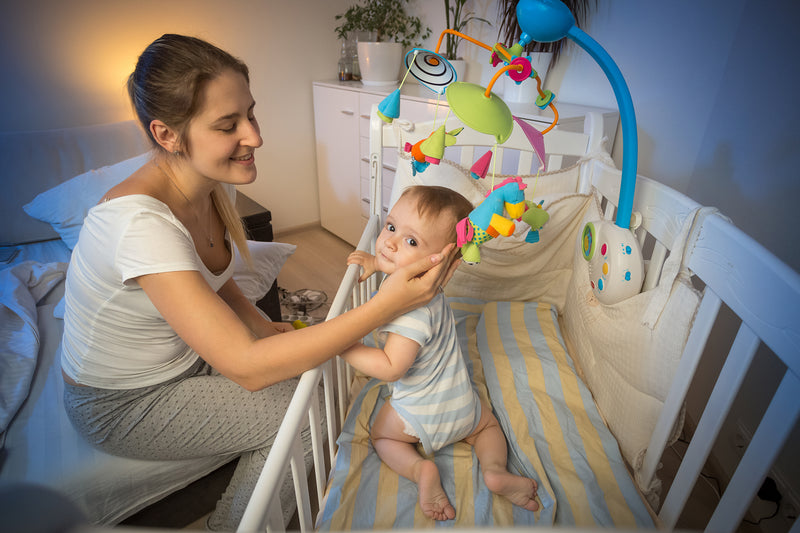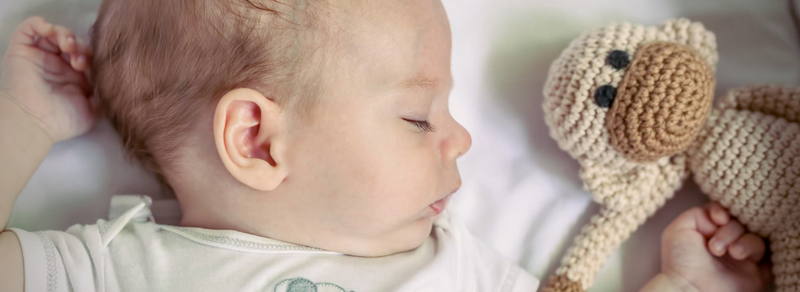
Lengthy Night Wakings
Is your baby waking overnight for 2hrs and refusing to go back to sleep?
Apart from feeding, development is by far one of the most common reasons babies wake. If you have eliminated hunger, teething, sickness and the temperature, then the chances are your baby may be going through a progression in development.
In some cases, babies can stay awake for up to two hours during the night happily playing, babbling or learning their new skills!
They will generally start to protest when it is time to go back to sleep as they have become tired, frustrated and incapable of falling back to sleep unassisted.
How you manage this has everything to do with how your baby will sleep once the leap is over. If your baby is capable of falling asleep independently, you want to continue to encourage that, even during times of protesting.
What can you do
How you manage this has everything to do with how your baby will sleep once the leap is over. If your baby is capable of falling asleep independently, you want to continue to encourage that, even during times of protesting.
Tip 1: STALL
As long as your baby is not in any distress, there is no need to respond to your child being awake. You cannot force your baby to sleep… All the rocking, feeding and patting in the world won't work if they are going through this phase.
The best thing you can do is let them be as once they become tired, they will either go back to sleep or start crying, which will quickly escalate without intervention. If the cries have continued past 10 minutes, I suggest offering some comfort to help your child go back to sleep.
The Baby Sleep Magic App will help your baby sleep better within days or your money back, Download today on a 3-day Free Trial
Below are some options you may find helpful
- Ensure your child has their comforter (and a dummy if they have one)
- Shushing from a distance or through the monitor
- Patting the mattress
- Patting them until they are calm (not asleep)
If all else fails, you can offer a small feed or some rocking before placing your baby back to their bed, preferably slightly awake.
Do not create any unwanted habits
Try to avoid anything you would not have previously done. I.e.: extra feeds, co-sleeping, rocking, etc. This can set a stage for your child to wake every night to receive the same treatment, If they get rewarded with extra feeds and additional cuddles when they wake, they may continue to wake every night!.
On a positive note... it will PASS. Don't change anything (don't add night feeds or change the way you respond,) just ride it out. If it hasn't passed in a week or two, you may need to look at other factors. What has your experience with leaps been?
Other reasons your baby may wake throughout the night
Hunger
Your baby may have gone through a growth spurt and maybe making up for those lost calories during the night. To address this, boost calories during the day by either increasing portion sizes or offer milk more often.
Teething
Babies will often wake during the night during times of teething even if they do not show teething signs during the day. Unfortunately, teething symptoms can last up to two weeks without even seeing a tooth.
Sickness
It is normal for your babies routine and great sleeping habits to go out the window in times of illness. During times of sickness, they will need more nurturing, love and cuddles and that is OK.
Temperature
The temperature plays a big part of your child being capable of sleeping through the night, keeping the room temperature consistently between 19-22 degrees Celsius and dressing your child in suitable clothing/layers is paramount. Babies and toddlers cannot use blankets so steer clear of them and either swaddle them in a wrap or use sleeping bags.
Overtired
A child that does not nap that well during the day can often lead to an overtired baby. A baby who goes to bed overtired can generally experience a difficult time falling asleep, usually followed by a restless night, along with an early start to the day.
Cat napping can be an indication of an awake time which is too long (over-tired), or too short (under-tired). By sticking to an age appropriate routine and paying close attention to your babies sleep cues and wake windows, will help to avoid over tiredness.
The Baby Sleep Magic App will help your baby sleep better within days or your money back, Download today on a 3-day Free Trial
Babies who are overtired will often show the below signs
- Clinginess and fussy
- Your baby gets a “second wind,” or for toddlers may come across hyperactive
- Your baby wakes after 45 minutes after going to bed for the night
- A baby who is easily frustrated and constantly whinging/crying
Under-Tired
Too much day sleep: The same applies for too much day sleep. If your baby is spending hours upon hours during the day sleeping (generally more than 2 hours at a time). You may also experience early rising.
Babies only have so much sleep they need in a 24-hour period and if your baby spends more time than they need asleep during the day, they will wake up either during the night or early in the morning to compensate.
By following an age appropriate routine and not allowing your child to sleep for too long at each nap should eliminate any over-tiredness you may experience.
Babies who are under-tired will often show the below signs:
- Crying at nap time
- Resisting a nap
- Waking through the night to play
- Early rising
The Baby Sleep Magic App will help your baby sleep better within days or your money back, Download today on a 3-day Free Trial









